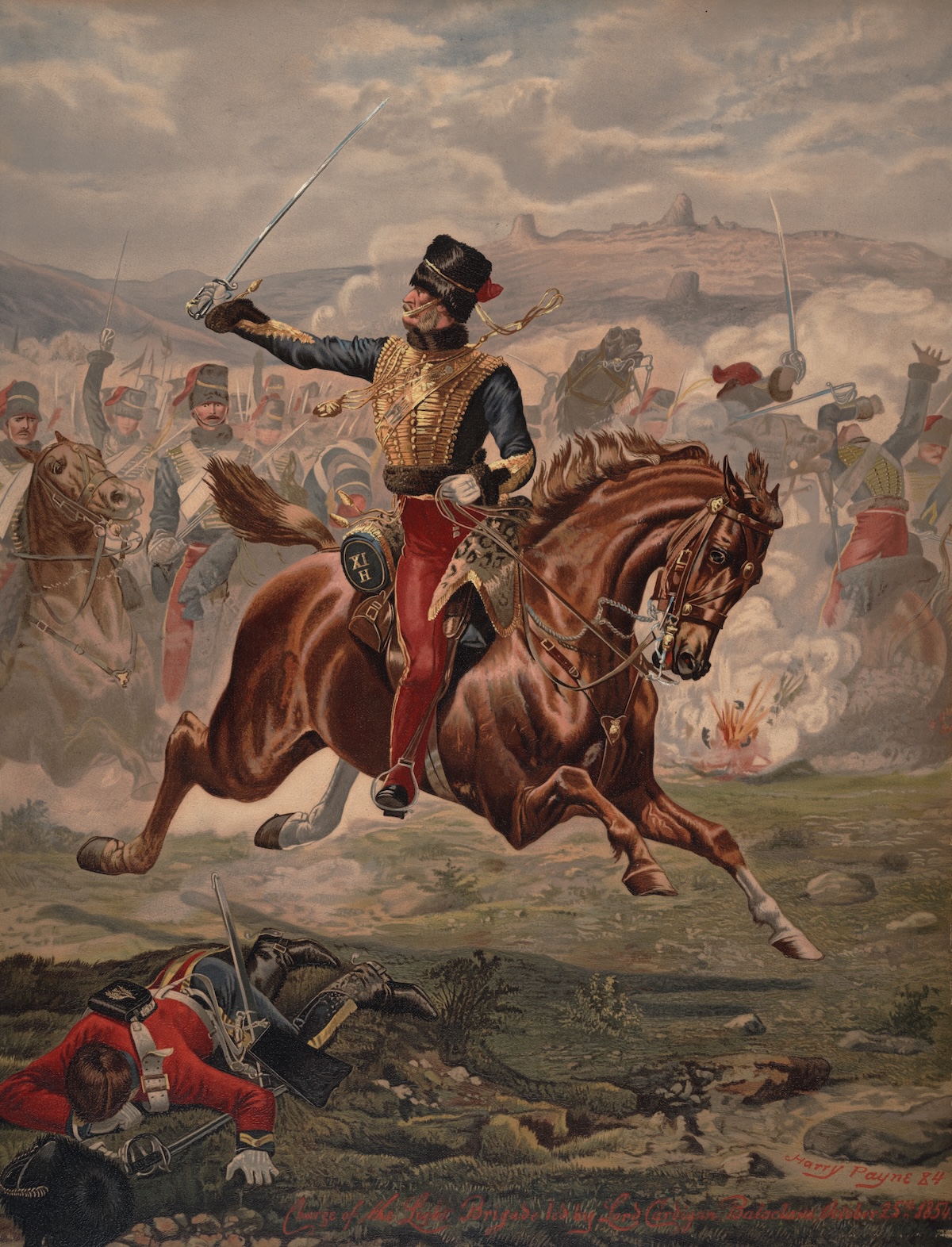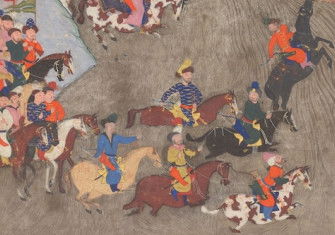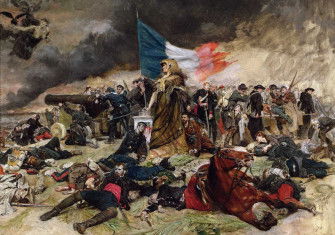Why the Light Brigade Charged
The fatalist view of the Light Brigade’s charge towards the Russian guns at Balaclava is being challenged. They had their reasons why.

'Theirs not to reason why’ was Tennyson’s verdict on more than 600 ordinary cavalrymen who obeyed the order to charge over a mile through murderous cannon fire. He hailed their blind obedience as a virtue, and the world has accepted his opinion that they were unthinking victims of a blunder by senior officers. However, fresh study of all the evidence suggests an alternative interpretation.







